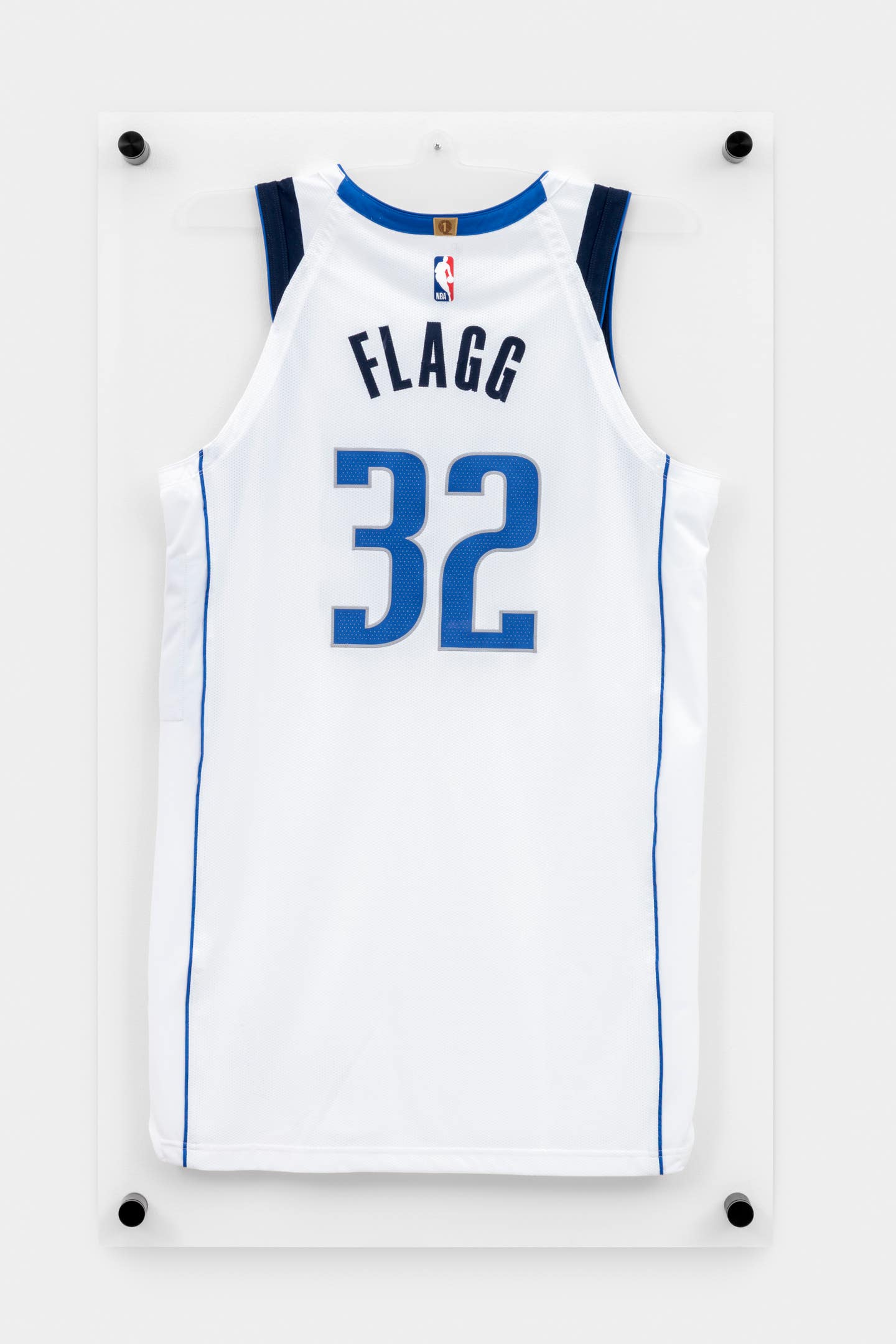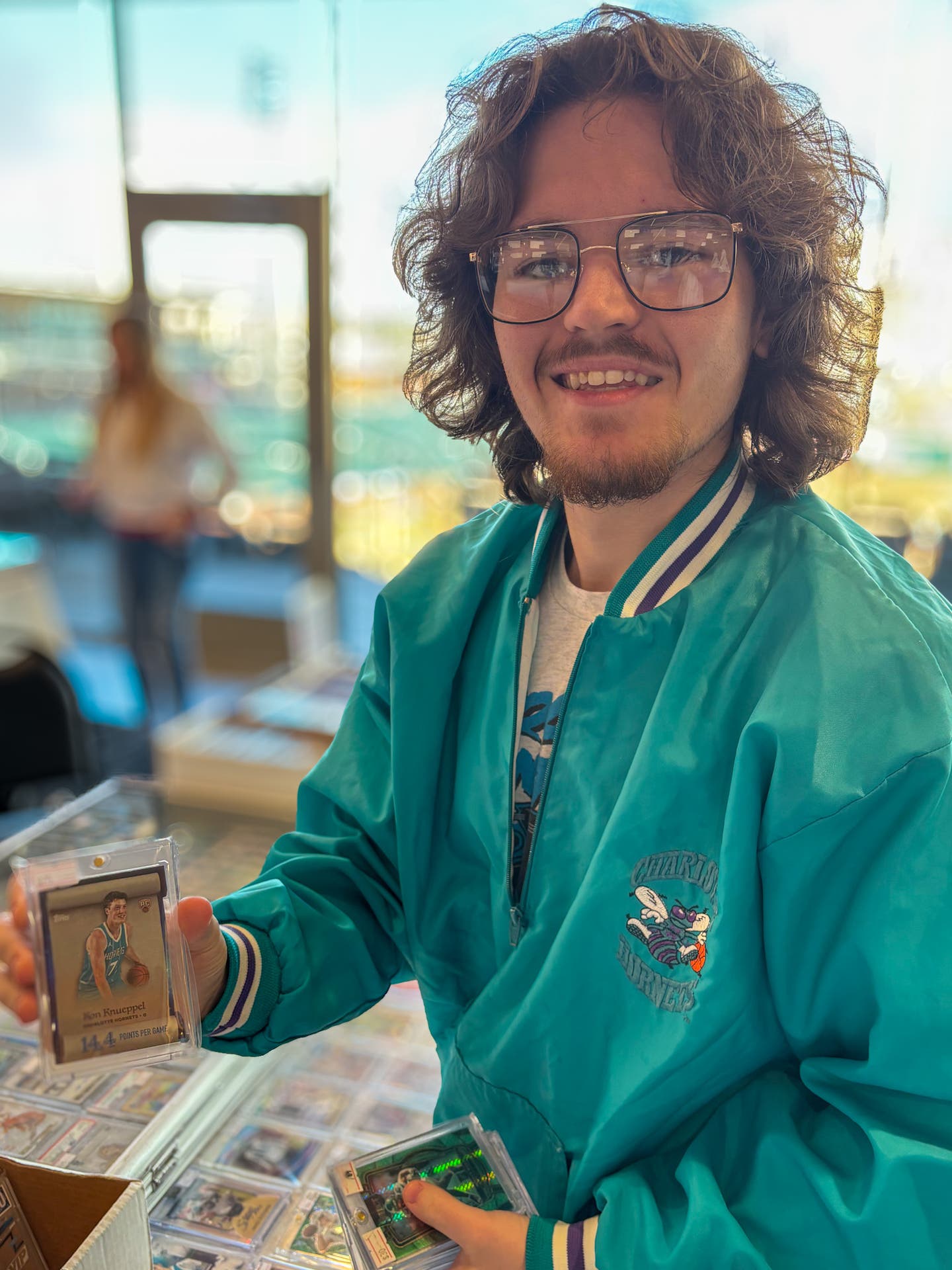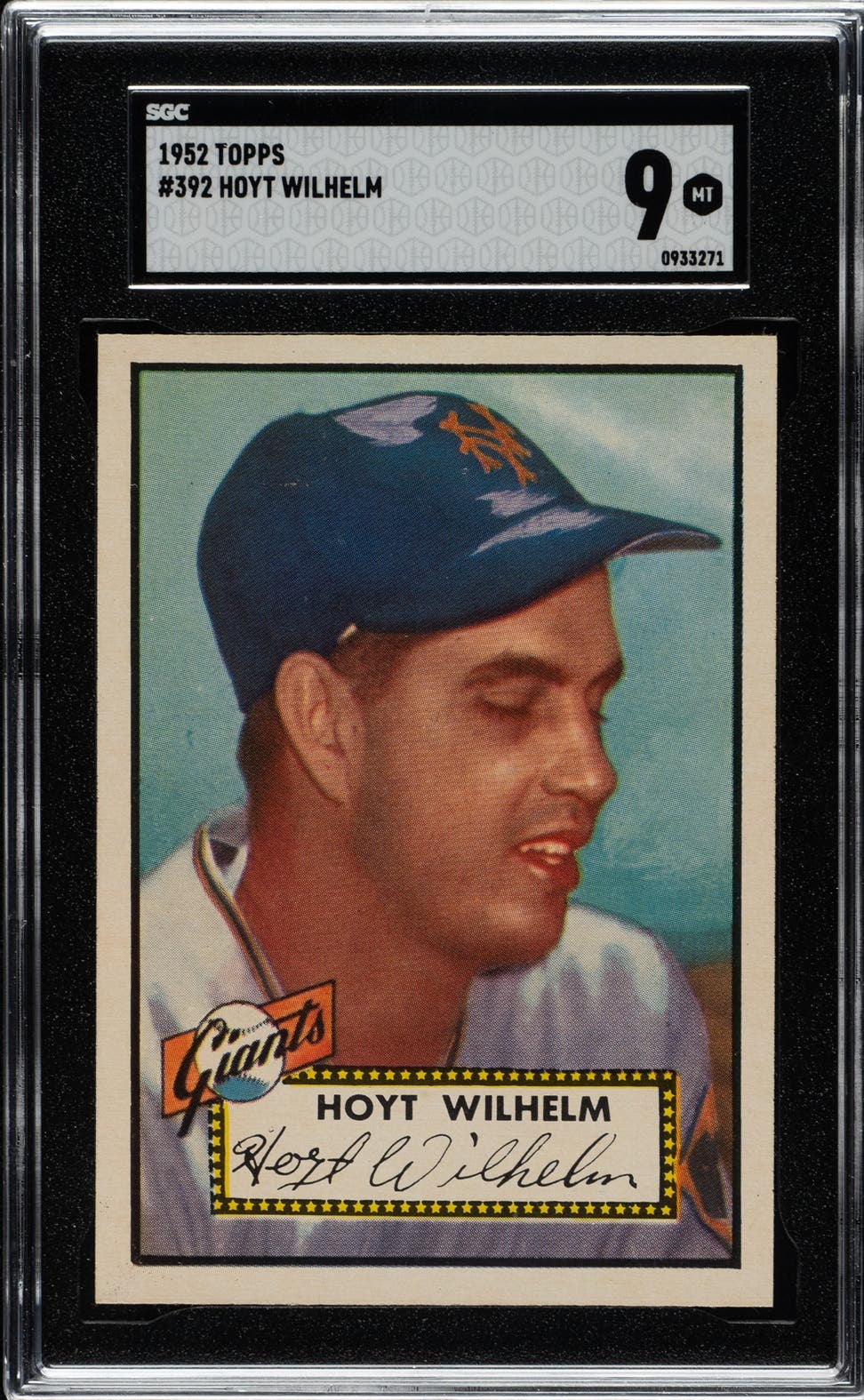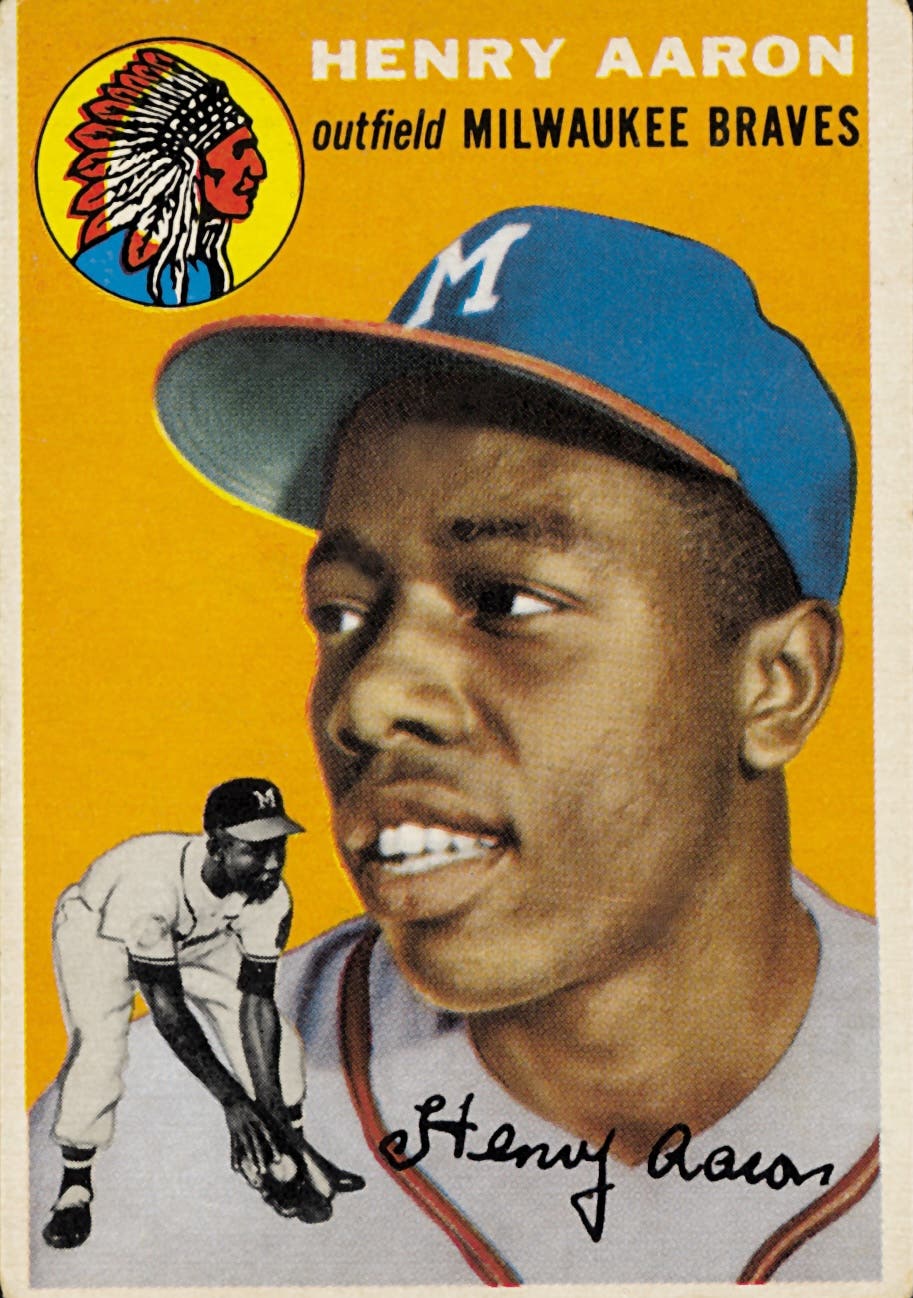News
Dave Winfield continues to deliver off the baseball diamond
By Scott Pitoniak
He had always been philanthropic, so when Major League Baseball officials asked Dave Winfield to speak to young players at a symposium near the end of his career in the mid-1990s, he jumped at the opportunity as if it were a hanging curveball. For three days, the Hall of Fame slugger imparted his wisdom, not only about baseball, but about life and the importance of giving back.
“It was a lot of fun,’’ Winfield said via phone recently from his Southern California home. “The thing I remember most is that there was this one young man who kept following me around and asking me a ton of questions, not only about my preparation as a player, but also about what went into setting up my charitable foundation. For three straight days, it was like this kid was stalking me, but in a good way.’’
A few years later, after that “kid” had established himself as one of baseball’s biggest stars, he personally thanked Winfield. The young man’s name? Derek Jeter.
“It blew me away,’’ Winfield said. “He told me he had idolized me when I played for the New York Yankees and that one day he wanted to grow up and be like me, not only as a player, but as a role model. I’ve been blessed to receive a lot of awards and accolades in my life, but to know someone with the character and integrity of Derek Jeter felt that way about me ranks near the top.”
Jeter’s Turn 2 Foundation celebrated its 20th anniversary last year in New York City and the legendary Yankees shortstop took time during the gala to publicly pay homage to the man who had inspired him. Jeter is among scores of athletes who have formed charitable foundations. In fact, one of the most positive developments in modern-day sports is that nearly every prominent athlete is involved in an organization that gives back.
And Winfield deserves a doff of the cap for spawning this trend, which he started not long after he graduated from the University of Minnesota campus to the San Diego Padres outfield in 1973. That was the year he established a college scholarship program for minority students in his hometown of St. Paul, Minnesota.
“It was a pretty modest endeavor at first, but it eventually took off and it’s still going strong,’’ he said. “We’ve afforded more than 300 students the opportunity to go to college and improve their lives.”
With the Padres, Winfield also started buying blocks of tickets to each home game so kids and families from some of San Diego’s poorer neighborhoods could attend. The bleachers where they sat came to be known as “Winfield’s Pavilion.” Over time, he did more than just distribute tickets. He also set up health clinics and staged anti-drug and computer literacy programs at the ballpark. And the 12-time MLB All-Star continued to organize and fund similar ballpark programs during his seasons with the Yankees, California Angels, Toronto Blue Jays, Minnesota Twins and Cleveland Indians.
In 1977, Winfield became the first professional athlete to launch a charitable foundation, and that immediately inspired other prominent athletes, including tennis stars Arthur Ashe and Martina Navratilova, to follow suit. Winfield credits the close-knit neighborhood of his youth for inspiring him to give back. His parents divorced when he was three, but he and his brother never lacked for nurturing mentors from a deep pool of caring relatives, neighbors, teachers and coaches.
“My success is on the shoulders of many,’’ he said. “I’ve tried to never forget that.”
Thanks to them and his God-given talents, Winfield blossomed into an amazing all-around athlete. He was blessed with great size – standing 6-foot-6 and weighing 220 pounds in his prime. And he was swift and agile. At Minnesota, he excelled in two sports, guiding the Golden Gophers to a Big Ten basketball championship and the College World Series, where he earned most valuable player honors for his slugging and pitching. Rod Dedeaux, who coached the University of Southern California to a record 10 national titles, called Winfield the greatest all-around athlete he ever saw.
After graduating, Winfield was drafted by four teams in three different sports: MLB’s Padres; the National Basketball Association’s Atlanta Hawks; the American Basketball Association’s Utah Stars, and the National Football League’s Minnesota Vikings. Being selected in the 16th round by his hometown Vikings baffled many because Winfield hadn’t played a down of football since his sophomore year of high school, but the Vikings were intrigued by his size and athleticism.
“They thought I might have made a pretty good tight end,’’ he said. “They saw me as a big target for quarterback Fran Tarkenton.”
The Hawks and Stars liked him for his rebounding skills.
“I definitely wasn’t timid going after those missed shots,’’ he recalled. “I think they envisioned me as a Dennis Rodman-type, without, of course, the tattoos.”
When the Padres told Winfield they wanted him to be an everyday player that sealed the deal. He would hit baseballs rather than jumpers; catch fly balls rather than passes.
“I think,’’ he said, chuckling, “I made the right decision.”
Winfield was talented enough to become a two-sport star years before Bo Jackson and Deion Sanders. But he had no desire to perform the two-sport juggling act for which Bo and Neon Deion would become famous.
“I had played two sports in college, and that was awfully demanding,’’ he said. “Between classes, practices and games, your time is all accounted for; you never have a minute to yourself. And I think one sport suffers when you try to do double-duty professionally. Look what happened to Bo. After he injured his hip he was never the same. And I think he could have been a Hall of Famer in either baseball or football – he was that talented. But as it turned out, he failed to make the Hall of Fame in either because of that football injury.
“It really wasn’t a tough choice for me,’’ Winfield continued. “My brother and I played ball in the neighborhood since we were little kids and I always dreamed of becoming a big-league baseball player. So, it all worked out the way I wanted to – and then some.”
And, perhaps it was destined that he would play baseball anyway, given Winfield’s date of birth – Oct. 3, 1951. That, of course, was the day when Bobby Thomson hit the “Shot heard ’round the world,” catapulting the New York Giants to the National League pennant.
“They say timing is everything in life and in baseball,’’ Winfield said. “I guess you could say that my mom and I had pretty good timing with that delivery.”
Based on Winfield’s Ruthian performance in the 1973 College World Series – he batted .467 and struck out 29 batters and allowed one earned run in the 17 1/3 innings – the Padres saw no need to send him to the minors for more seasoning. They believed he was ready for the Show, and Winfield fulfilled their faith in him by becoming one of 21 major-leaguers in history to never spend a day in the minors.
During his 22 seasons, he smacked 3,110 hits and 465 home runs and drove in 1,833 runs. He also won seven Gold Gloves and six Silver Slugger Awards. It was not uncommon to see him scale a wall and reach up to rob a hitter of a homer. His only regret is that he never got a chance to do mop-up duty on the mound.
“I kept bugging my managers wherever I went to let me pitch, but they said they were afraid I would get hurt,’’ he said. “I’d tell them that I also could get hurt crashing into a wall or being hit by a pitch, but they were afraid to let me climb atop the hill.”
Winfield was inducted into the Baseball Hall of Fame in 2001, the first year he was eligible. He currently serves as an advisor to Major League Baseball Players Association Executive Director Tony Clark, and assisted in negotiating the new collective bargaining agreement, ensuring baseball labor peace for the foreseeable future.
“I think the game and the industry is in a very good place right now,’’ Winfield said. “We have so many fabulous young players in the game, maybe as much young talent as the game’s ever had. I think our job now is to continue to grow baseball, in the United States, and internationally.”
Before joining Clark, Winfield worked in the Padres front office, and also provided baseball analysis with ESPN, FOX Sports and syndicated radio shows.
But the lion’s share of his work these days is spent running his foundation, and giving motivational speeches. The 65-year-old is quite good at inspiring people. Just ask Derek Jeter, who decided to follow his lead, on and off the diamond.
Best-selling author and nationally honored sports columnist Scott Pitoniak is a freelance contributor to Sports Collectors Digest and can be reached at spitoniak@aol.com.








